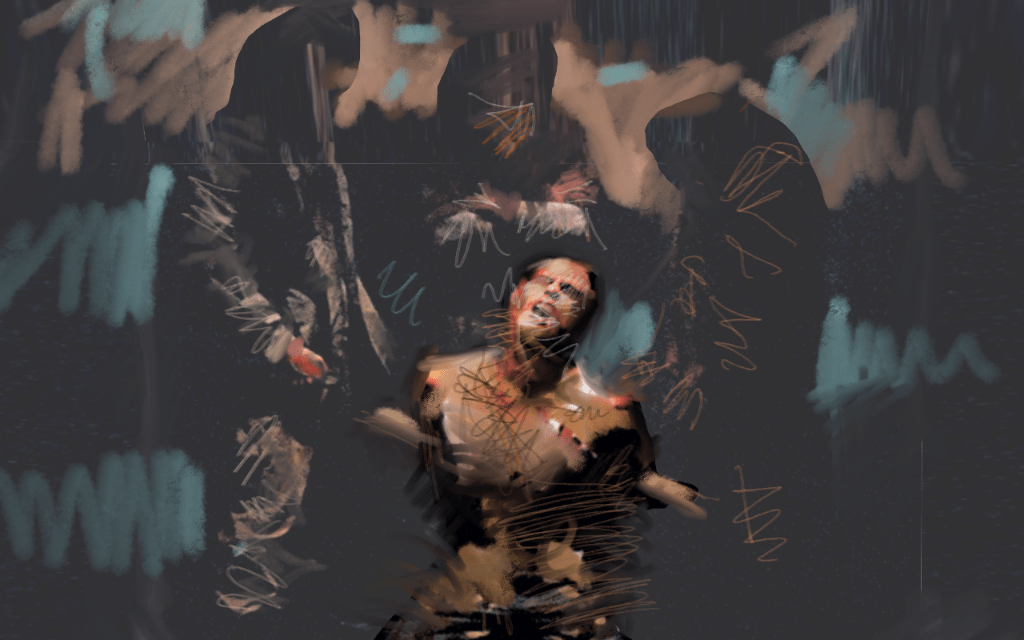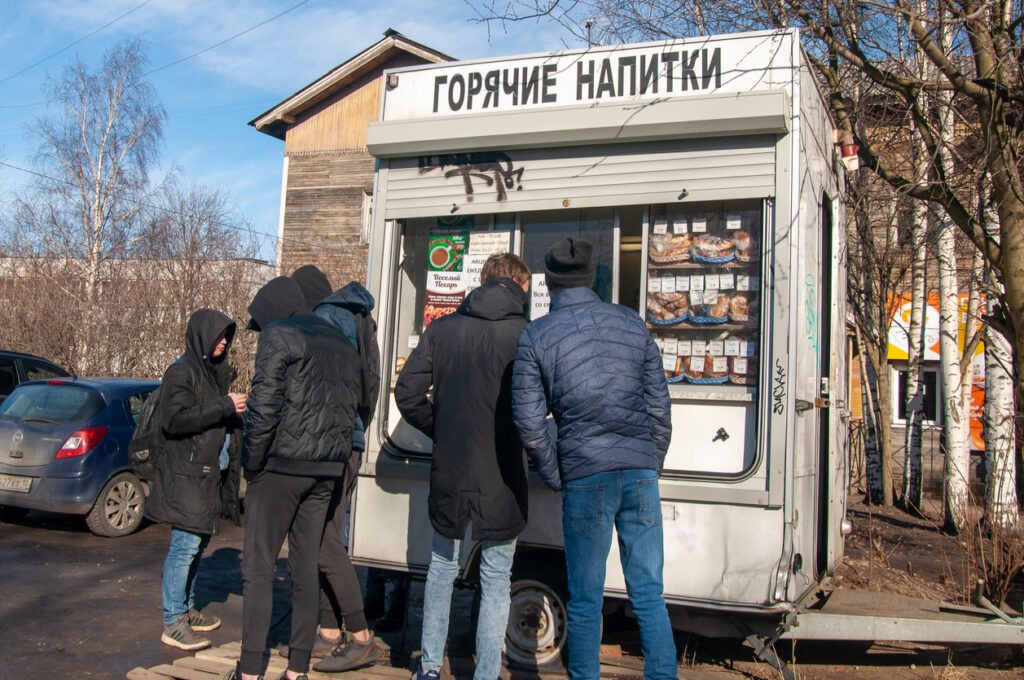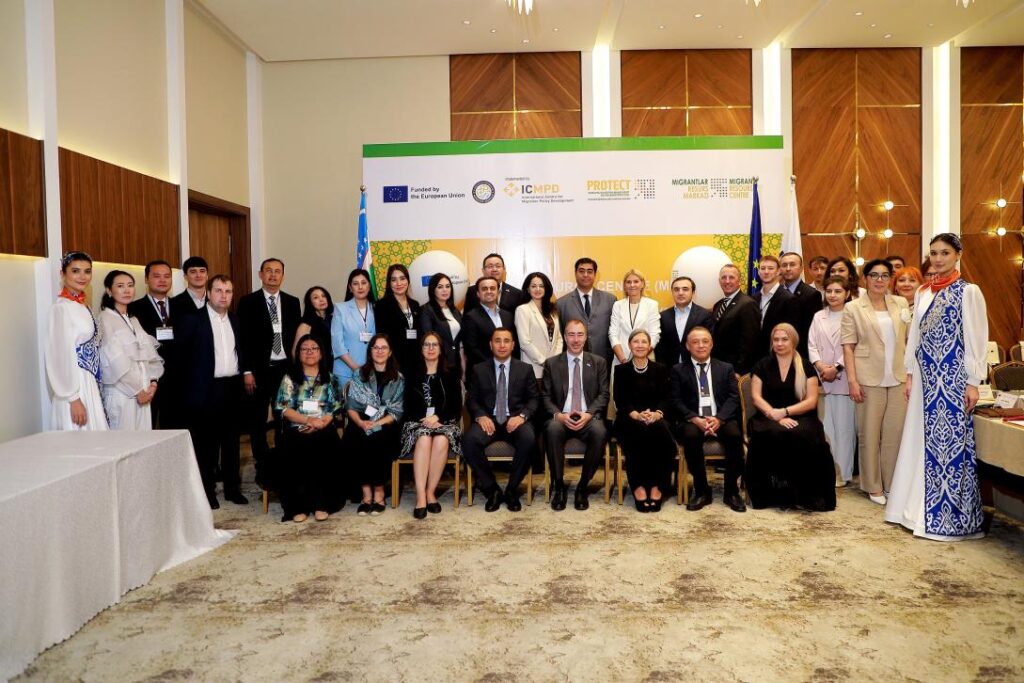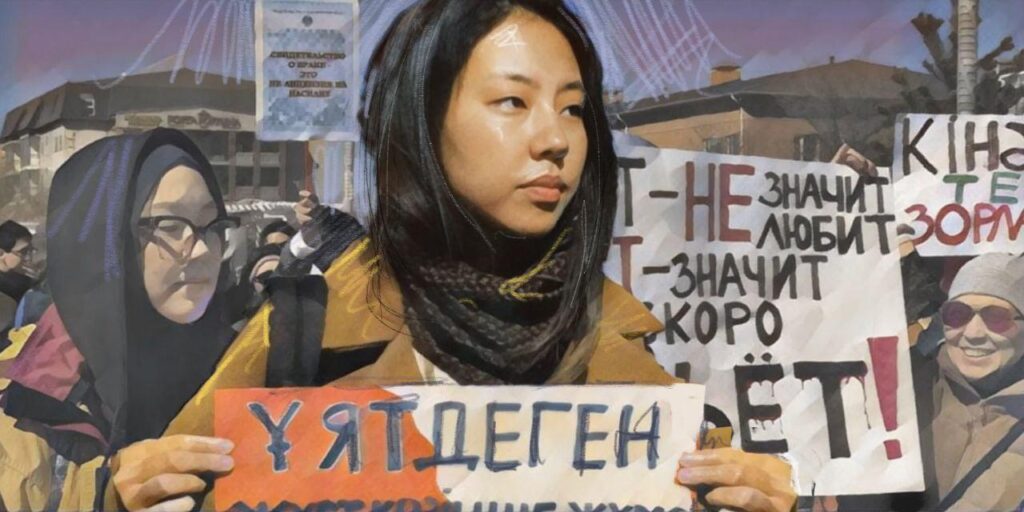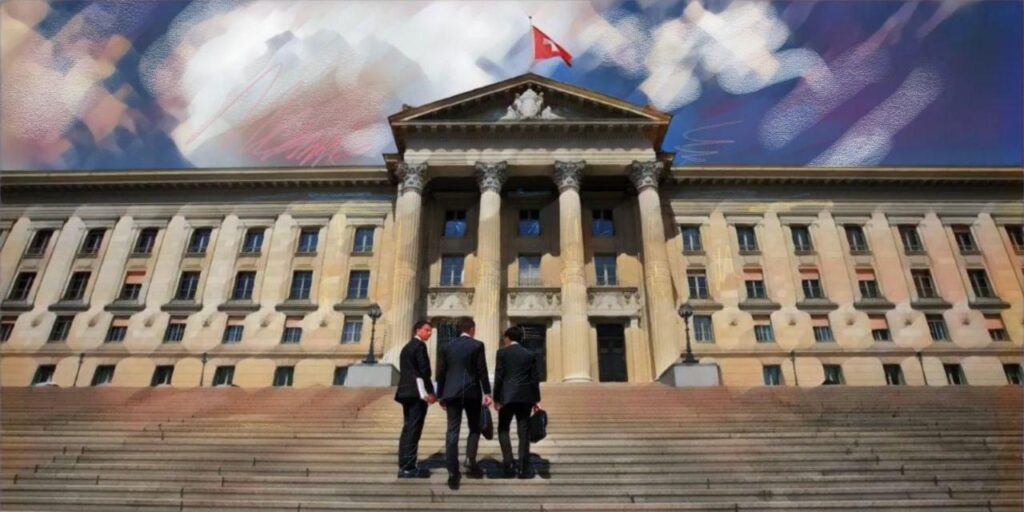Tajikistan’s foreign minister has described the beating and abuse of several Tajik suspects in the mass killing of more than 140 people at a Russian concert hall as “torture” that is at odds with the need for a thorough investigation and a fair trial.
Foreign Minister, Sirojiddin Muhriddin also said that Tajik people had faced an “information campaign” of racism and xenophobia since the attack at the Crocus City Hall in Moscow on March 22. His comments were some of the strongest yet by Tajikistan’s Government, reflecting increased worry over the national image and the plight of many poor Tajik migrants in Russia who were already living in precarious conditions.
Muhriddin urged the Russian authorities to conduct an investigation into the Crocus City Hall attack according to international norms, including the right to a fair trial, reported Asia-Plus, a media group in Tajikistan. He spoke at a meeting of regional foreign ministers in Minsk, Belarus.
“The demonstration in the open information space of footage of the detention of suspected perpetrators of a terrorist act with the use of torture against them in the form of bodily mutilation is unacceptable,” Muhriddin said. “The price of confessions obtained in this way is well known to everyone.”
Several migrant laborers from Tajikistan were among suspects charged with terrorism in the wake of the attack, and they appeared in court with visible injuries. At the time, videos and photographs circulating on social media showed the men being beaten and abused while in detention. In one video, a man in camouflage cuts off part of the ear of a suspect and forces it into his mouth.
The Islamic State group claimed responsibility for the Crocus City Hall attack, which focused attention on the group’s efforts to recruit people from Central Asia into its ranks. Muhriddin alluded to widespread reports of harassment and hostility toward Tajik migrants, particularly in Russia.
“As a result of an ill-conceived information campaign, a negative perception of citizens of Tajikistan and Tajiks is being formed,” the Tajik foreign minister said. As for the attack, he said: “All criminals must be punished: the organizers, the perpetrators, the accomplices, and the masterminds of this monstrous crime.”
In the face of overwhelming evidence to the contrary, despite ongoing Russian attempts to pin the blame for the atrocity on Ukraine, Russia has pressed ahead with new laws targeting migrants.
Focusing on Russia’s “unreliable narrative” regarding the attack, Noah Tucker, a Senior Research Consultant at the Oxus Society and Program Associate of the Central Asia Program at George Washington University stated that the “last major attack inside Russia was the 2017 metro bombing. [In a] strategy of authoritarian cooperation… that was also blamed on Central Asian migrants, and the security services arrested two Uzbek brothers and sent them to jail as the direct orchestrators of the attack – only the facts never added up… One of the brothers, who was charged as being the mastermind, was lying in a hospital in Osh during the attack, and was allegedly extradited to Russia only to be arrested in a made for TV event a few weeks later.
“ISIS K have not really made any particular effort to recruit Central Asians other than to come and join their civil war inside Afghanistan, [because none of their goals] has any relevance for Central Asians migrants.”
Prior to the attack, the U.S specifically warned the Russian authorities that the Crocus City Hall was a potential target, leading Edward Lemon, President and CEO of the Oxus Society, to characterize the event as “extreme negligence in not preventing this attack or willful neglect in allowing it to happen.”
